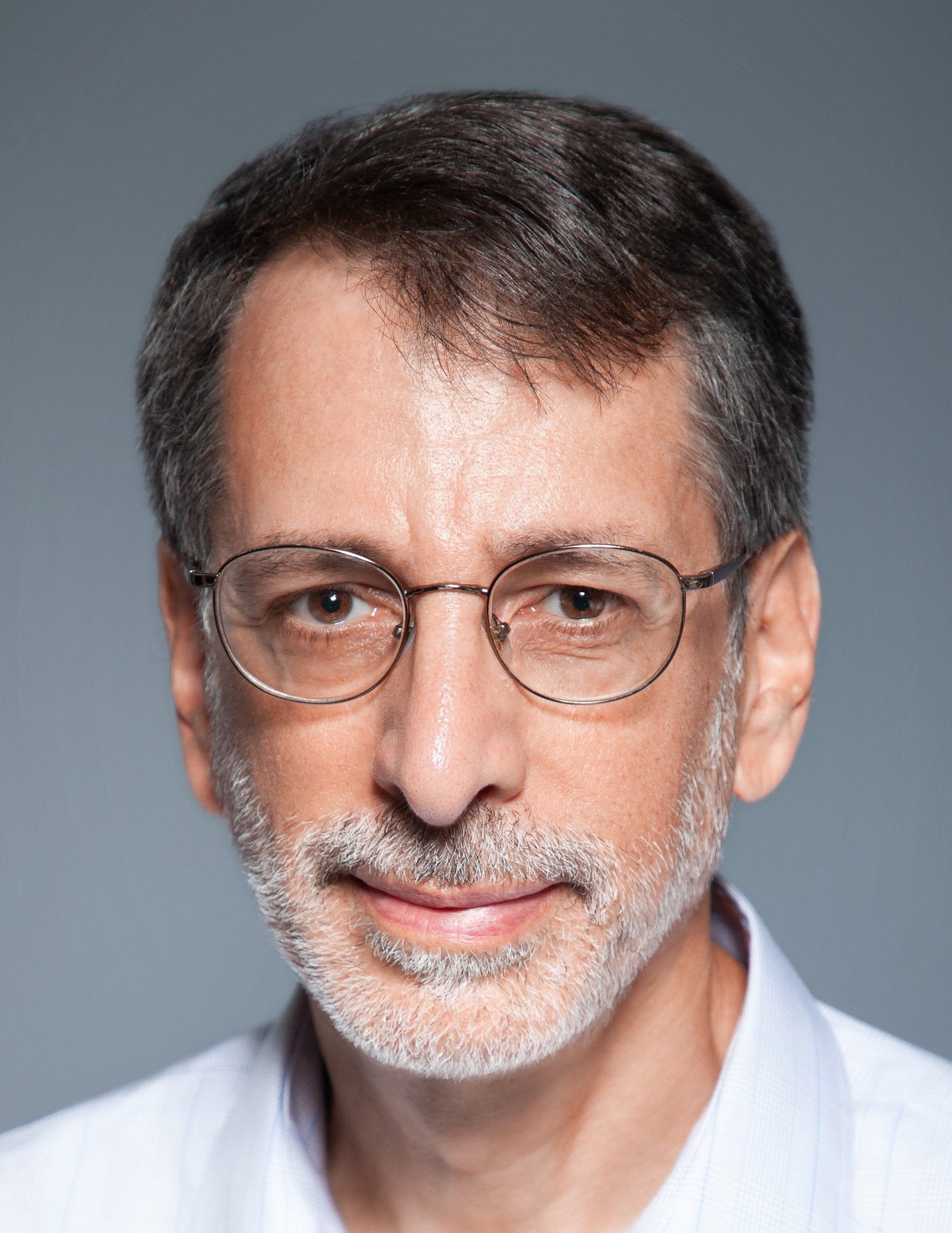
A key principle of democratic elections is we should be able to trust election outcomes without entirely trusting any single person to count the votes: the vote count is witnessed. In the American federal system with so many contests on the ballot, it is impractical to count all the votes by hand, so computers help count the votes. The public cannot know for sure what software is installed in that computer, so there must be a way to witness that count. The best known solution involves paper ballots, marked by hand (not by machine!), counted by machine (but recountable by hand!), and subjected to a risk-limiting audit that gives a strong statistical guarantee that the outcome reflects the voters’ choices (or indicates the need for a recount).
The details matter, some of them in ways that were not well understood until recently.
Bio:
Andrew Appel is Eugene Higgins Professor of Computer Science at Princeton University, where he has been on the faculty since 1986. He served as Department Chair from 2009-2015. His research is in software verification, computer security, programming languages and compilers, and technology policy. He received his A.B. summa cum laude in physics from Princeton in 1981, and his Ph.D. in computer science from Carnegie Mellon University in 1985. He is a Fellow of the Association for Computing Machinery. He has worked on fast N-body algorithms (1980s), Standard ML of New Jersey (1990s), Foundational Proof-Carrying Code (2000s), Verified Software Toolchain (2010s), Verified Network Toolchain and Verified Numerical Methods (2020s). His public policy research focuses on voting machines and election systems: technology, security, policy.
If you need an accommodation for a disability please contact Jean Butcher at butcher@princeton.edu at least one week before the event. This talk will be open to the public via Zoom(Link is external). It will be recorded and posted here, on the CITP YouTube channel, and on the Princeton University Media Central channel.
Sponsorship of an event does not constitute institutional endorsement of external speakers or views presented.


